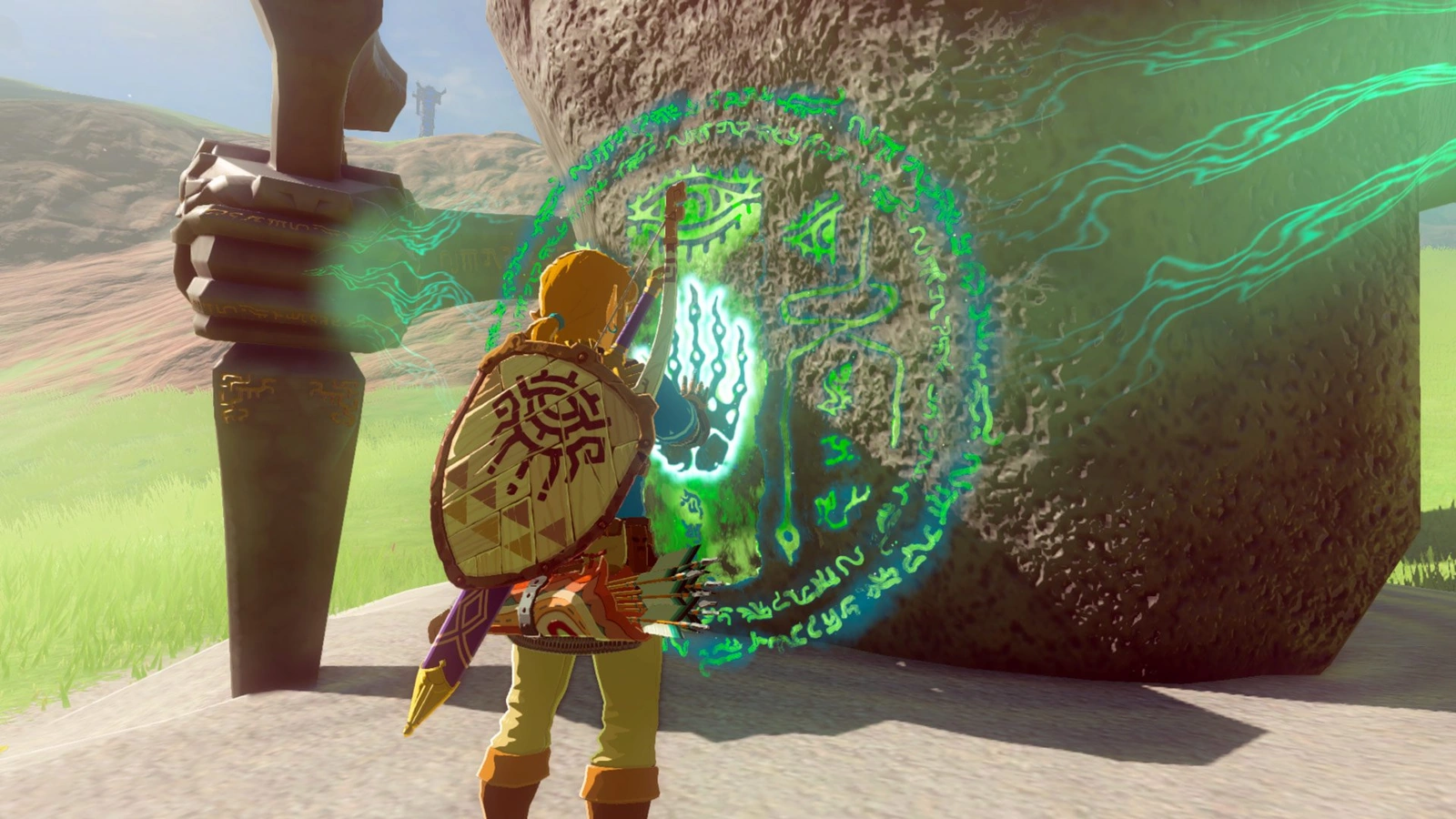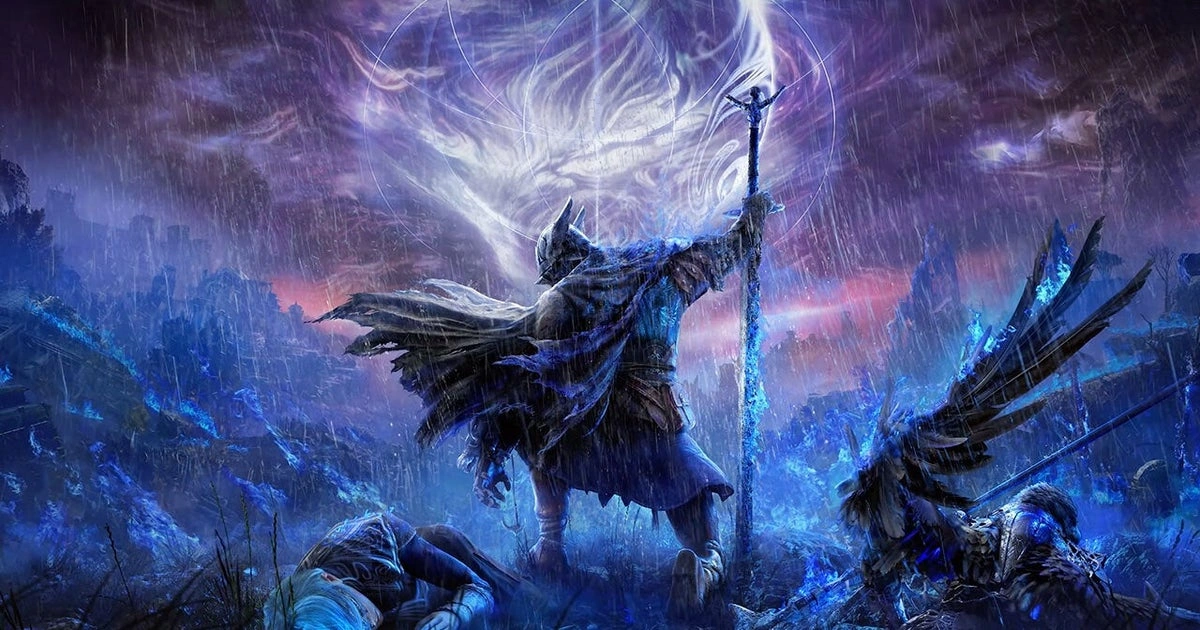Introduction
In an era where artificial intelligence (AI) is reshaping the creative landscape, filmmakers and artists are faced with both opportunities and challenges. Eliza McNitt, a visionary director known for her innovative use of technology in storytelling, has stepped into this arena with her latest project, Ancestra. Collaborating with Google DeepMind and director Darren Aronofsky’s studio Primordial Soup, McNitt utilizes AI not just as a tool but as a co-creator in her deeply personal narrative. This blog post delves into McNitt’s defense of AI as a creative tool, exploring the ethical, technical, and emotional dimensions of her groundbreaking work.
The Intersection of AI and Art
Eliza McNitt has always been at the forefront of integrating new media into her storytelling. Her previous works, such as Fistful of Stars and Spheres, have demonstrated her ability to blend scientific curiosity with artistic expression. With Ancestra, McNitt pushes the boundaries further by incorporating AI-generated media alongside live-action footage. The film is a narrative of her own traumatic birth, told through a combination of human performance and AI-crafted visuals.
The Role of AI in Ancestra
- AI-generated media complements live-action performances.
- Google’s AI tools helped create a computer-generated infant resembling McNitt.
- AI imagery juxtaposes the authentic emotion of human actors with artificial visuals.
Source: Engadget Podcast: Ancestra director Eliza McNitt defends AI as a creative tool
Ethical Considerations and Challenges
The use of AI in creative processes is not without controversy. A significant concern is the training of AI models on pre-existing content, including copyrighted works. McNitt acknowledges this ethical dilemma but argues for the responsible use of AI. She emphasizes the importance of setting boundaries to ensure that human creativity remains at the core of storytelling.
McNitt’s Perspective on AI Ethics
- AI should not replace human actors; performances must retain human authenticity.
- Artists must decide individually how to integrate AI into their work.
- Future AI models should respect copyrighted materials and compensate artists.
The Creative Potential of AI
Despite the challenges, McNitt sees immense potential in using AI as a creative tool. She views AI as a means to explore realms that are inaccessible to traditional cameras, from the cosmic to the microscopic. In Ancestra, AI enables the depiction of scenes that would otherwise be impossible to visualize, such as the inner world of the womb.
AI as a Gateway to New Worlds
- AI allows access to visual realms beyond the reach of conventional filmmaking.
- Combining AI with human creativity can result in unique storytelling experiences.
- AI tools can enhance the realism and emotional impact of a narrative.
Collaboration with AI: A Team Effort
Creating Ancestra was not a solo endeavor. McNitt collaborated with a team of artists and DeepMind engineers to craft the film’s sound, imagery, and AI media. This collaborative process ensured that AI was used thoughtfully and effectively, enhancing the film’s narrative without overshadowing human contributions.
The Collaborative Process
- DeepMind engineers crafted prompts and selected AI-generated footage.
- Artists contributed to the film’s sound and visual aesthetics.
- Close collaboration ensured a balance between AI and human artistry.
Conclusion: The Future of AI in Storytelling
Eliza McNitt’s Ancestra is a testament to the potential of AI as a creative partner in storytelling. By blending AI-generated media with human performances, McNitt has crafted a film that challenges conventional narratives and explores new artistic possibilities. However, as AI continues to evolve, it is crucial for creators and companies to navigate the ethical landscape carefully, ensuring that human creativity remains at the forefront. As McNitt aptly puts it, “These are human stories for other human beings,” underscoring the need for humans to remain central to the creative process.
As we look to the future, it is clear that AI will play an increasingly significant role in the arts. The challenge lies in harnessing its potential while respecting the rights and contributions of human creators. McNitt’s work offers a glimpse into a future where AI and human creativity coexist, opening up new frontiers for storytelling and artistic expression.
Tags: AI, storytelling, filmmaking, creativity, ethics, Eliza McNitt, Ancestra, DeepMind, technology
Image source: Original Article





